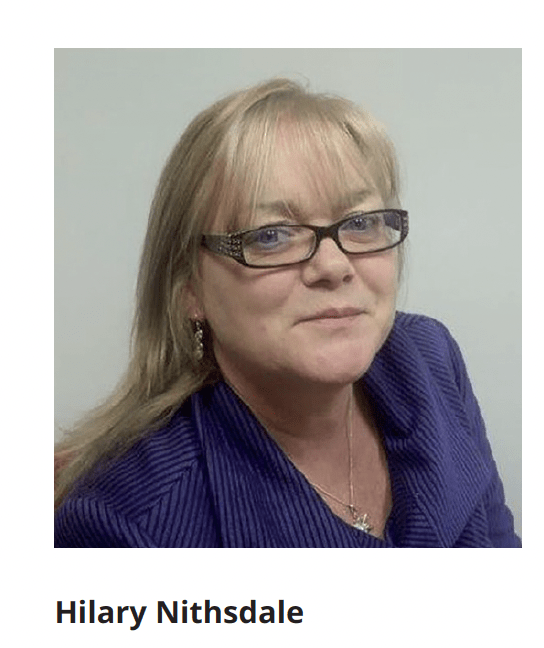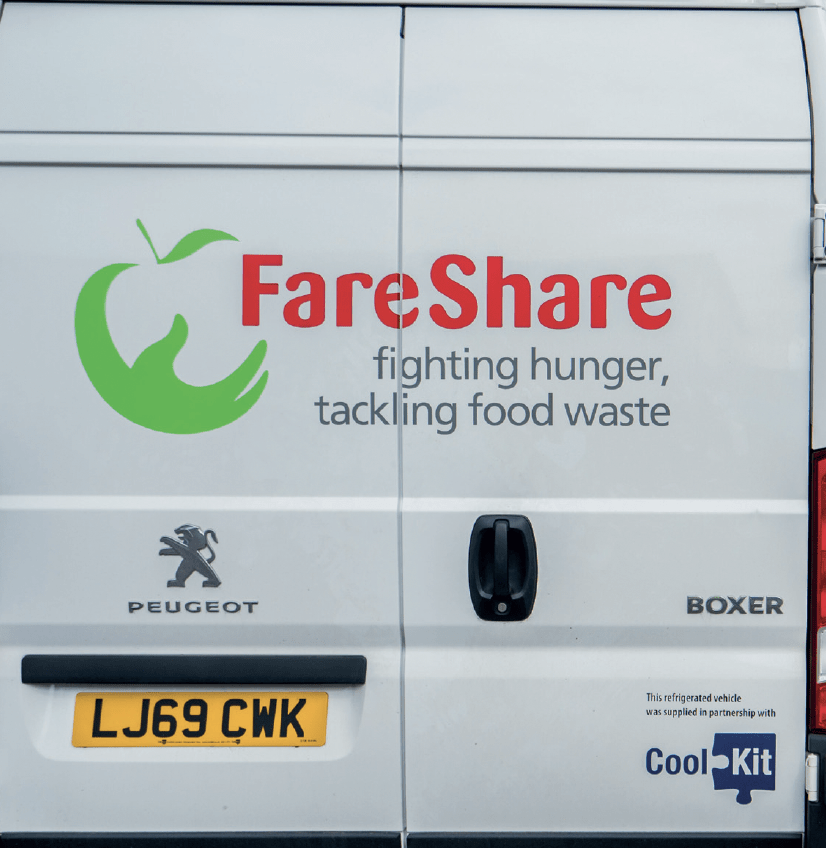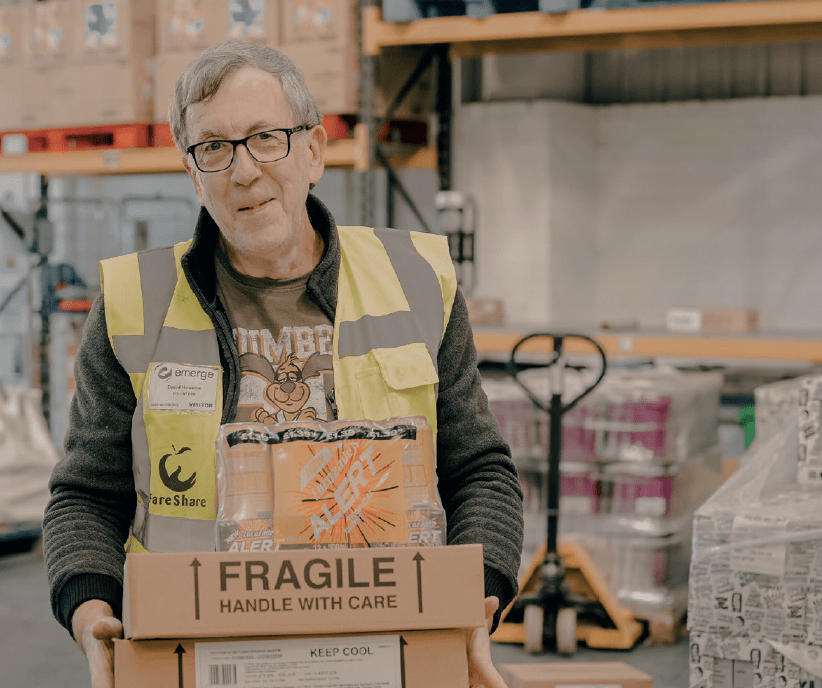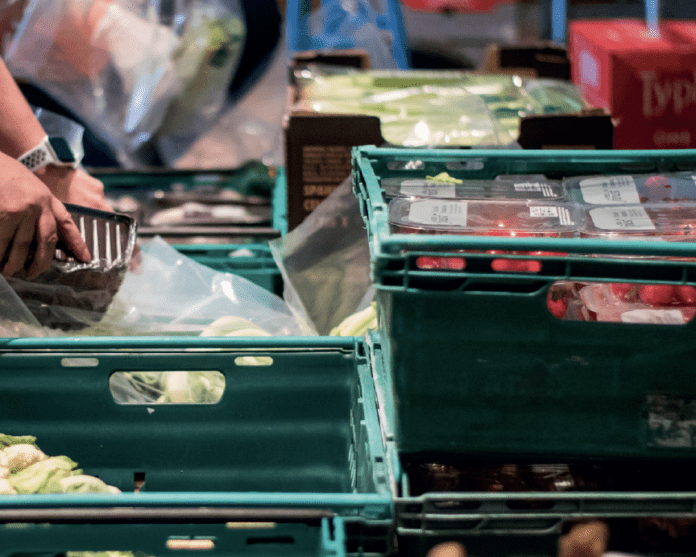FareShare’s commercial manager updates Paul Hill on the company’s work in the channel and how wholesalers can get involved

How does the FareShare business model work?
FareShare is the UK’s biggest charity fighting hunger and food waste. We work with all parts of the food industry to take good-to-eat surplus food, which might otherwise go to waste, and redistribute it through our network of 34 regional centres to 8,500 charities and community groups nationwide.
These charities help tackle the root causes of poverty through after-school and breakfast clubs, homelessness charities, domestic violence shelters and older people’s lunch clubs.
They offer vital wraparound services to help tackle issues including mental health, loneliness, debt, unemployment and homelessness. The cost-of-living crisis is having a devastating impact on people already struggling to make ends meet, with 90% of charities reporting increased demand for their services in the past year.
FareShare turns the environmental problem of food waste into a social good by ensuring no edible food goes to waste, working with partners across the food industry to support their sustainability goals.
Surplus in the food industry occurs for a variety of reasons, including packaging errors, incorrect labelling, short date coding, seasonal stocks, discontinued lines, incorrect forecasting and quality rejections.
FareShare has the flexibility to accept a huge variety of surplus food, including ambient, chilled, fresh and frozen produce, as well as retail and catering sizes and mixed pallets.
Tell us about your latest partnerships with wholesalers?
Since the beginning of this year, we have been fortunate to attend around 20 industry events, which has enabled us to engage with new and potential food partners.
One of the most significant benefits of attending these events has been the many opportunities to forge new partnerships with independent wholesalers, starting meaningful conversations with new contacts and building awareness of FareShare’s work.
We have also had many opportunities to present at specific buying group events, which enable efficient access to potential new partners. The chance to meet independent wholesalers at these forums means we can spread the word about FareShare and be part of important discussions around sustainability and food waste. We look forward to attending more events in the coming year and building more relationships.
What do wholesalers need to do if they want to get involved?
FareShare’s dedicated food team works closely with each wholesaler to find the most cost- and time-effective ways in which to to redistribute their surplus.
FareShare offers comprehensive national solutions for larger amounts, which can be distributed across our network of regional warehouses and on to charities up and down the UK – from Inverness to Penzance – using national logistics partners.
For smaller, independent partners, we can arrange collection and delivery to their nearest regional centre in one of our multi-temperature vans.
Thanks to its network, FareShare has the flexibility to respond quickly and efficiently to any short-life food offers.
Giving your surplus food to FareShare is very easy. Simply visit fareshare.org.uk/giving-food and fill in some information about the food you have available.
We need to know a few details, such as the quantity/size of the product; the type of product – fresh, frozen, chilled, ambient, mixed – and dates; and your location. Then we can usually arrange to have it picked up within 48 hours.
Food safety, full traceability and compliance are at the heart of the FareShare operating model.
We operate to exactly the same standards as the rest of the food and drink industry, so you can be certain your food will be looked after.
To speak to someone about solutions for redistributing your surplus food, please contact hilary.nithsdale@fareshare.org.uk
Read more: Fresh Direct and FareShare celebrate donation milestone

Have you noticed a change in sustainable thinking across the supply chain over the past two-to-three years?
The last three years have been enormously challenging for all parts of the food industry. In the convenience and foodservice wholesale sectors, the combination of the Covid-19 pandemic and the cost-of-living crisis has meant forecasting has become increasingly difficult as consumer habits have fluctuated.
The foodservice sector’s post-pandemic recovery has been hampered by the cost-of-living crisis. Eating out is increasingly seen as a luxury, and trends are becoming harder to predict. Food-to-home services that became popular during the pandemic have filled a gap for consumers who like to treat themselves, but prefer to avoid the expense of a restaurant meal.
Similarly, the growing popularity of eating at home has caused the convenience sector to experience a slight uplift.
Alongside the impact of these challenges, across the industry there is an ever-growing awareness of social and moral responsibilities, with businesses driving towards zero waste and, crucially, zero landfill.
While many may opt to send waste to anaerobic digestion or to animal feed, FareShare wants to encourage the industry to look at ways to move surplus up the food chain and embrace the benefits of redistributing edible food to people who need it.
Businesses must take into consideration the costs associated with improving sustainability practices, but many are still not aware that FareShare can collect and redistribute surplus food for free – making it a cost-effective solution with a huge social benefit.
What changes does the wholesale industry need to do to its operations to reduce food waste? Does it differ between convenience and foodservice wholesalers?
One key operational improvement that could be made by both convenience and foodservice wholesalers would be to encourage better forward selling of seasonal produce. This would enable wholesalers to plan more efficiently and reduce the risk of being left with surplus stock at the end of a season.
Convenience wholesalers could try to work more closely with sales account managers to forecast demand and effectively pre-sell seasonal products. They could also consider working with manufacturers to make sure they do not go over stock without having established a suitable route to market for discontinued lines.
Best-before end dates for fresh and chilled produce often cause difficulties for wholesalers, so one solution could be to consider scheduling more frequent deliveries of these products – in and out – to ensure better dates and reduce the potential for excessive waste.
Foodservice wholesalers tend to require a more fluid operation, but greater awareness of seasonal menu changes and deadlines could be key to them reducing waste.
Attending industry roadshows to gain better understanding of the market and ordering early wherever possible would decrease the chance of getting caught out with excess stock.
There are many operational changes that could be made when it comes to reducing waste, but there will always good-to-eat surplus food within the industry.
By working with FareShare, wholesalers can be sure that their surplus is going to people that need it and making a huge difference to communities across the UK.









